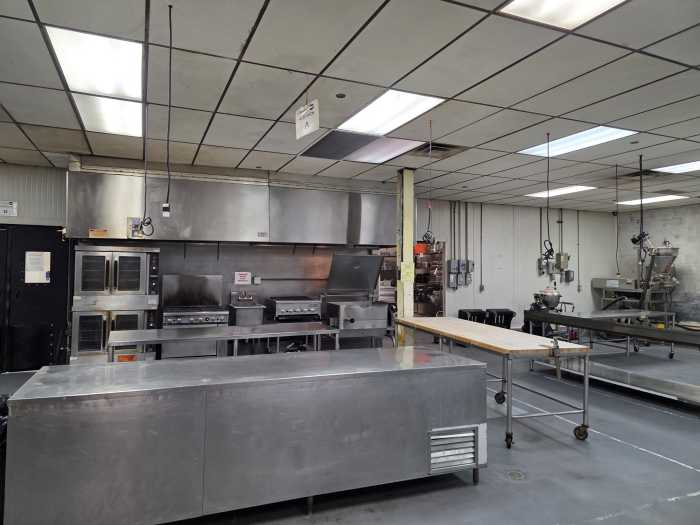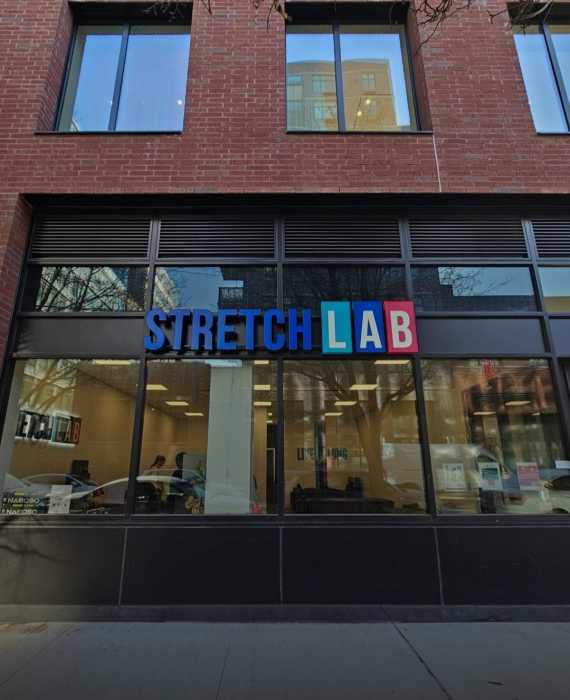LaGuardia Community College launched a food drive last week to fill its on-campus pantry serving the school’s 50,000 students, a majority of whom struggle to make ends meet.
In addition to non-perishable food other items that are needed include toiletries, childcare items and household supplies, and clothes that would allow students to dress appropriately for job interviews.
“More than 70 percent of our student body come from families making less than $30,000 a year,” LaGuardia Community College Director of Food and Nutrition Programs Nicolle Fernandes said. “And many of these students are older and support families of their own and our Single Stop is available to all of them.”
The Single Stop is a one-stop shop for students needing emergency assistance. Its staff helps students sign-up for public benefits, find safe housing, and refers them to the College Foundation where they can apply for emergency funds.
“Single Stop runs our food pantry and we are doing this food drive to help restock its shelves,” Fernandes said. The pantry provides hungry students with food they can eat here on campus or bring home to make meals for their families. Nearly 1 in 4 Laguardia students receive support from Single Stop. That’s nearly 5,000 students each year.”
She said that demand for the food pantry has risen significantly in recent months.
“I don’t have specific data to back this up but we noticed a dramatic increase in demand during the federal government shutdown in January,” Fernandes said. “At the beginning of the year the number of students seeking food pantry items rose 25 percent.”
Members of the community can make in-person donations through March 20 at the college’s welcome desk, located in the lobby of Shenker Hall at 31-10 Thomson Avenue in Long Island City. Donations can be made online at https://www.laguardia.edu/fooddrive/.
“So many of our students also work full-time jobs as they juggle their academic career and the majority come from families who are struggling to make ends meet,” Fernandes said. “We don’t want our students to have to decide between a meal and a subway ride home.”

































